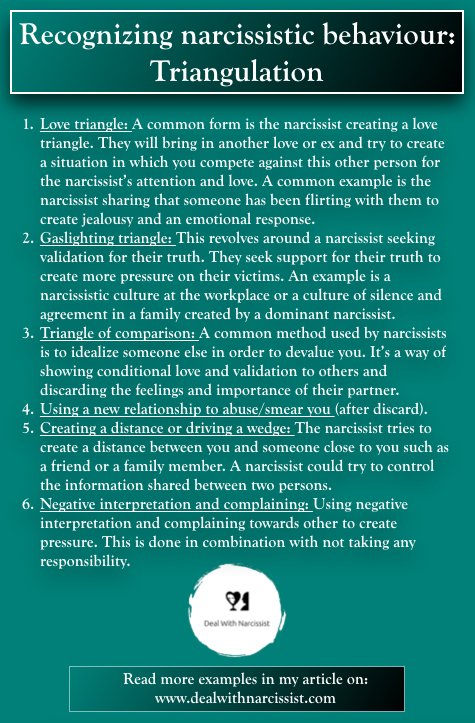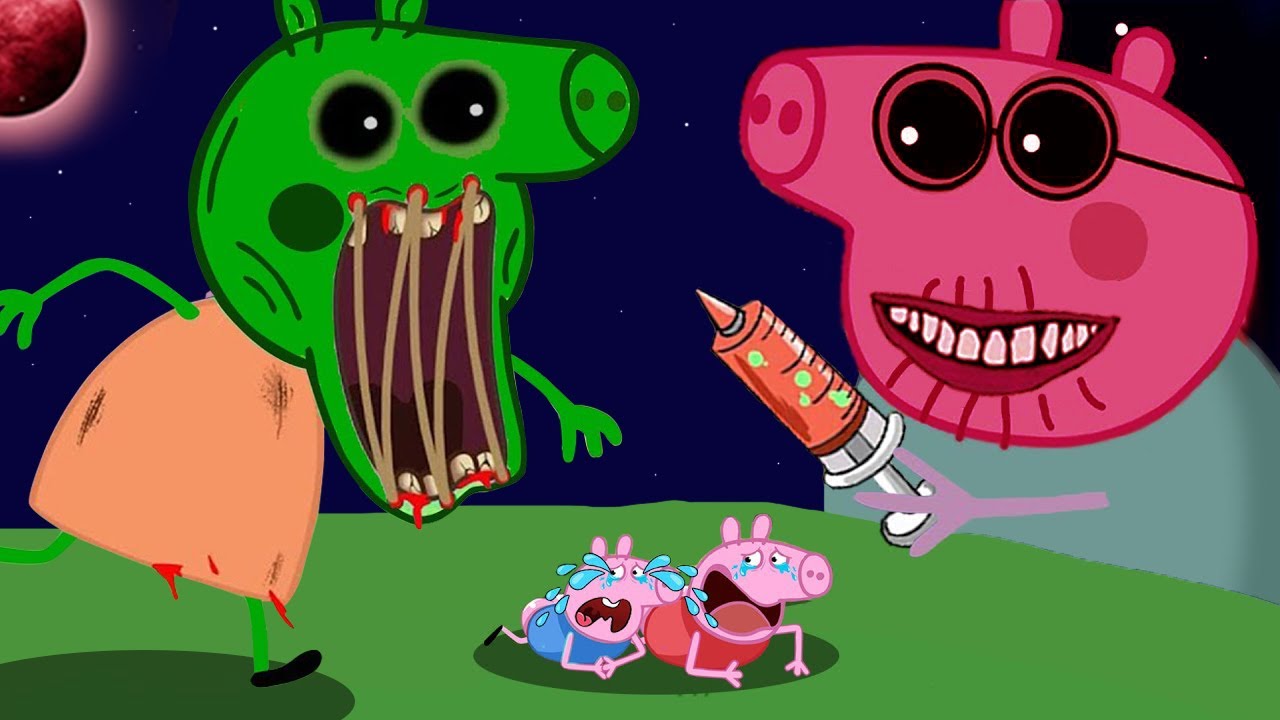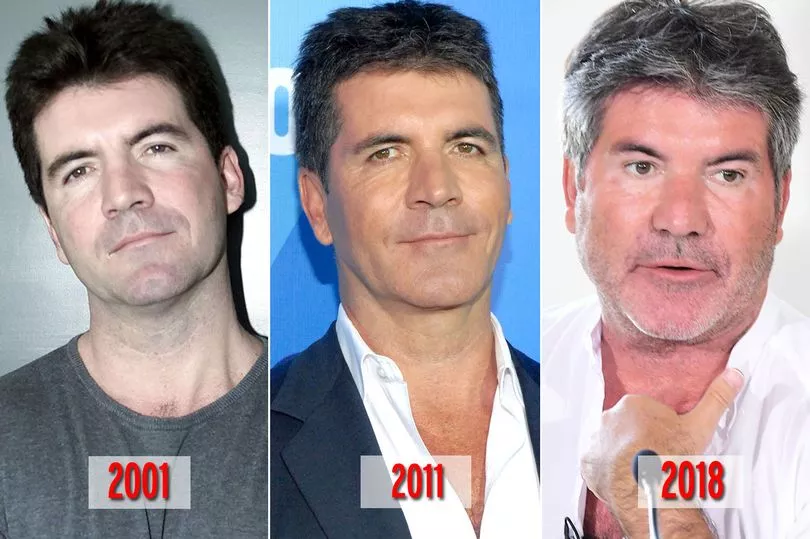The Love Monster's Grip: Recognizing And Escaping Unhealthy Dynamics

Table of Contents
Recognizing the Signs of Unhealthy Dynamics
Identifying unhealthy dynamics is crucial for breaking free from harmful patterns. Recognizing these dynamics is the first step toward reclaiming your emotional well-being. Here are some key warning signs:
Control and Manipulation
Control and manipulation are insidious tactics used to undermine your autonomy and self-worth. These behaviors aim to make you dependent on your partner, eroding your confidence and independence.
- Gaslighting: Making you question your own sanity and perception of reality.
- Emotional Blackmail: Using guilt, shame, or threats to control your actions.
- Isolation: Cutting you off from friends and family to increase control.
- Financial Control: Restricting your access to money or resources.
Specific behaviors to watch for:
- Constant criticism and belittling.
- Guilt-tripping and emotional manipulation.
- Monitoring your online activity and phone calls.
- Controlling your appearance, social interactions, or career choices.
Lack of Respect and Boundaries
Healthy relationships are built on mutual respect and clearly defined boundaries. A lack of respect indicates a fundamental imbalance of power and disregard for your needs.
- Disrespectful Communication: Name-calling, insults, yelling, and constant put-downs.
- Disregard for Personal Space: Ignoring your need for alone time or personal privacy.
- Invasion of Privacy: Going through your belongings, checking your phone without permission, or monitoring your location.
Signs of disrespect:
- Ignoring your opinions and dismissing your feelings.
- Constantly interrupting or talking over you.
- Making demeaning or sarcastic comments.
- Failing to acknowledge your achievements or contributions.
Examples of boundary violations include: unwanted physical touch, pressure to engage in activities you're uncomfortable with, or sharing personal information without your consent.
Emotional Abuse
Emotional abuse is a pervasive and often overlooked form of abuse. It's characterized by behaviors that aim to control your emotions, lower your self-esteem, and leave you feeling worthless.
- Constant Criticism: Regularly putting you down and making you feel inadequate.
- Threats and Intimidation: Using fear to control your behavior.
- Humiliation: Publicly embarrassing you or making you feel ashamed.
- Withholding Affection: Using love and affection as a reward or punishment.
Specific forms of emotional abuse:
- Verbal abuse (insults, name-calling, threats).
- The silent treatment (withdrawing communication as punishment).
- Manipulation of emotions (making you feel guilty, confused, or insecure).
- Controlling behavior (dictating your choices and actions).
Cycle of Abuse
Unhealthy dynamics often follow a cyclical pattern: tension building, explosion (abuse), and a honeymoon phase (apology and reconciliation). This cycle keeps victims trapped, making it difficult to leave.
- Tension Building: A period of escalating tension, arguments, and minor acts of aggression.
- Explosion: An outburst of verbal or physical abuse.
- Honeymoon Phase: A period of remorse, apologies, and promises of change.
Characteristics and psychological impact:
- The cycle reinforces the abuser's control and the victim's dependence.
- The honeymoon phase creates false hope and prevents the victim from seeking help.
- This cycle can lead to significant psychological trauma and damage self-esteem.
Strategies for Escaping Unhealthy Dynamics
Leaving an unhealthy relationship is a courageous act, but it's crucial for your well-being. Here's how you can start:
Seeking Support
Don't underestimate the power of support. Reaching out to trusted individuals is a vital first step.
- Friends and Family: Confide in someone you trust who can offer emotional support and practical assistance.
- Therapists: A therapist can provide professional guidance, help you process your emotions, and develop coping mechanisms.
- Support Groups: Connecting with others who have experienced similar situations can provide validation and a sense of community.
- Helplines: Many organizations offer confidential helplines for victims of abuse.
Steps to take when seeking help:
- Choose someone you trust and feel comfortable confiding in.
- Be prepared to share your experiences and feelings honestly.
- Seek professional help if needed to address the emotional impact of the unhealthy relationship.
Setting Boundaries
Establishing and maintaining boundaries is essential for protecting your emotional and physical well-being.
- Communicate your needs clearly and assertively. Use "I" statements to express your feelings and expectations without blaming the other person.
- Enforce your boundaries consistently. Don't be afraid to say no or to walk away from situations that violate your boundaries.
- Be prepared for resistance. The other person may try to manipulate or guilt you into disregarding your boundaries. Stay firm.
Examples of assertive boundary setting statements:
- "I need some space right now."
- "I'm not comfortable discussing that topic."
- "I will not tolerate disrespectful behavior."
Creating a Safety Plan
Developing a safety plan is critical, especially if you're experiencing abuse. This plan outlines steps to protect yourself and ensure your safety.
- Identify safe places: The homes of trusted friends or family, a domestic violence shelter, or a safe location in your community.
- Gather important documents: Passport, driver's license, social security card, financial records, and medical records.
- Inform trusted individuals: Let trusted friends, family, or colleagues know about your situation and your safety plan.
- Develop an escape route: Plan how you'll leave your home or current location safely, including potential escape routes and transportation options.
Steps to create a personal safety plan:
- Consider your specific circumstances and potential risks.
- Involve trusted friends or family members in the planning process.
- Regularly review and update your plan as needed.
Self-Care and Healing
Prioritizing self-care is essential throughout and after escaping an unhealthy relationship. Rebuilding your life requires time, patience, and self-compassion.
- Therapy: Therapy can provide a safe space to process your emotions, develop coping mechanisms, and rebuild your self-esteem.
- Exercise: Regular physical activity can help reduce stress and improve your overall well-being.
- Healthy Eating: Nourishing your body with healthy foods can improve your physical and emotional energy levels.
- Hobbies and Interests: Reengage in activities that bring you joy and a sense of accomplishment.
Self-care techniques for emotional and physical well-being:
- Practice mindfulness and meditation.
- Spend time in nature.
- Connect with supportive friends and family.
- Prioritize sleep and relaxation.
Conclusion
Recognizing and escaping unhealthy dynamics requires courage, resilience, and support. Understanding the signs of control, manipulation, disrespect, and emotional abuse is the first crucial step. By seeking support, setting boundaries, creating a safety plan, and prioritizing self-care, you can break free from the grip of unhealthy dynamics and build a life filled with healthier, more fulfilling relationships. Don't let unhealthy dynamics define your love life – seek help and build healthier relationships. Break free from the grip of unhealthy dynamics today and reclaim your well-being. Remember, you deserve a relationship built on mutual respect, trust, and love.

Featured Posts
-
 Quiz Culturel Loire Atlantique Histoire Gastronomie Et Traditions
May 21, 2025
Quiz Culturel Loire Atlantique Histoire Gastronomie Et Traditions
May 21, 2025 -
 Peppa Pig Meets The Baby A 10 Episode Cinema Experience This May
May 21, 2025
Peppa Pig Meets The Baby A 10 Episode Cinema Experience This May
May 21, 2025 -
 Espns Bruins Offseason Analysis Key Franchise Altering Moves
May 21, 2025
Espns Bruins Offseason Analysis Key Franchise Altering Moves
May 21, 2025 -
 Bwtshytynw Ystdey Thlatht Laebyn Jdd Lmntkhb Alwlayat Almthdt
May 21, 2025
Bwtshytynw Ystdey Thlatht Laebyn Jdd Lmntkhb Alwlayat Almthdt
May 21, 2025 -
 Walliams And Cowells Fallout A Look At The Celebrity Rift
May 21, 2025
Walliams And Cowells Fallout A Look At The Celebrity Rift
May 21, 2025
Latest Posts
-
 Couple Arrested Following Jaw Dropping Antiques Roadshow Revelation
May 21, 2025
Couple Arrested Following Jaw Dropping Antiques Roadshow Revelation
May 21, 2025 -
 National Treasure Trafficking Antiques Roadshow Episode Ends In Arrest
May 21, 2025
National Treasure Trafficking Antiques Roadshow Episode Ends In Arrest
May 21, 2025 -
 Jail Sentence After Antiques Roadshow Reveals Stolen Property
May 21, 2025
Jail Sentence After Antiques Roadshow Reveals Stolen Property
May 21, 2025 -
 Antiques Roadshow Couple Arrested After Shocking National Treasure Appraisal
May 21, 2025
Antiques Roadshow Couple Arrested After Shocking National Treasure Appraisal
May 21, 2025 -
 Couple Arrested Following Antiques Roadshow Appraisal Of Stolen Goods
May 21, 2025
Couple Arrested Following Antiques Roadshow Appraisal Of Stolen Goods
May 21, 2025
